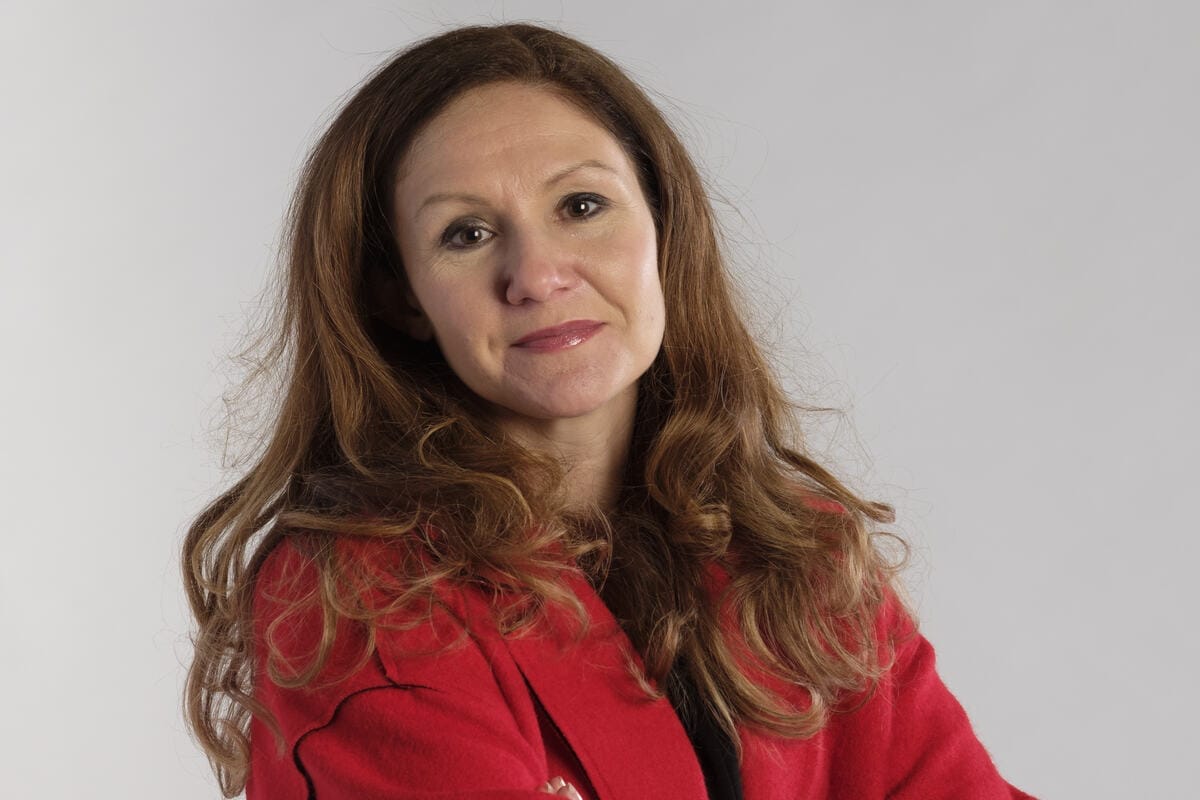As the world converges at COP28 to address the urgent climate crisis, it is imperative that we also turn our gaze to another critical facet of our future – the skills that will shape our societies and economies in an era defined by environmental consciousness and technological innovation.
Global imperatives: Skills for future
In an era of rapid technological advancement and global challenges, cultivating future skills has become a linchpin for individual success and societal progress. The World Economic Forum (WEF) estimates that by 2025, over half of all employees will require significant reskilling or upskilling to meet the demands of the evolving job market. This underscores the urgency for individuals to acquire a versatile skill set beyond traditional job roles.
Critical thinking, creativity, and adaptability are emerging as cornerstones of future skills. The rise of automation and artificial intelligence is reshaping the employment landscape. A World Economic Forum report predicts that by 2025, machines could displace around 85 million jobs. However, they will create 97 million new roles adapted to the new division of labor between humans, machines, and algorithms.
As we tackle the challenges outlined in COP28, the demand for a new set of skills becomes increasingly evident. The World Economic Forum’s 2023 Future of Job Report underscores that the primary focus for skills training between 2023 and 2027 will be analytical thinking, constituting around 10 percent of training initiatives, on average. Following closely, the second key emphasis in workforce development is fostering creative thinking. It is projected to be the target of 8 percent of upskilling initiatives.
According to the report, automation is projected to cover 42 percent of business tasks by 2027. Hence, the continued adoption of technology will remain a primary catalyst for business transformation over the next five years. Within technology adoption, big data, cloud computing, and AI feature highly on the likelihood of adoption. Over 75 percent of companies will adopt these technologies in the next five years.
Digital literacy: A cornerstone for climate action
The push for digital literacy is also gaining traction, recognizing its pivotal role in leveraging technology for sustainable outcomes. Forbes has rated digital literacy the #1 most important skill people need to succeed in a digital world. They listed it as the most in-demand skill required for employment by 2030. The United Nations Development Program (UNDP) highlights the potential of digital technologies in monitoring and mitigating climate change. From data analytics for environmental modeling to using blockchain for transparent and accountable supply chains, digital literacy is integral to harnessing technology for sustainable outcomes.

Green jobs: A growing sector
One key aspect of future skills is the rise of green jobs. COP28 serves as a catalyst for adopting green technologies, making it imperative for the workforce to be proficient in these areas. According to the International Labor Organization (ILO), an estimated 24 million new green jobs could be created globally by 2030 as the workforce transitions to a more sustainable economy. The green economy, renewable energy, sustainable agriculture, and climate science are burgeoning fields that require a skilled workforce. Lightcast economists project that demand for jobs in the overall green economy will increase by 5.5 percent in the next five years. Meanwhile, some of the ‘core’ careers will grow as much as 20 percent.
Nurturing a sustainable workforce
The world is actively nurturing a sustainable workforce through a multifaceted approach encompassing education, innovation, and collaboration. Governments and businesses are increasingly investing in training programs to equip workers with essential green skills. Initiatives like the Global Apprenticeships Network (GAN) and the Climate Action Skills for Jobs initiative exemplify the collaborative efforts underway. Educational institutions should adapt curricula to include sustainability components. This requires a deep understanding of global standards, such as the UN’s Sustainable Development Goals. Teacher training is also essential and can be guided by resources like the UNESCO Education for Sustainable Development framework. Additionally, UNESCO urges environmental education to be a core curriculum component in all countries by 2025.
Heriot-Watt’s skillful steps
At Heriot-Watt, we are uniquely placed to drive the sustainability agenda through our research and programs. We continue to weave sustainability into our program curricula, empowering graduates with the right skill set to drive change and innovation in this area. Additionally, our work in the research area includes significant international industry collaborations that can shape the future, transform lives, and overcome industry challenges. We are already seeing evidence of the impact this can have. Therefore, we will continue to work to drive this ahead. Our Heriot-Watt Climate Hub is an excellent example of bringing the industry together to explore how the University’s world-leading research is shaping education, catalyzing industries, and framing jobs of tomorrow in response to the changing workplace – through sustainability, mobility, and opportunity.
Empowering the workforce for a sustainable tomorrow
The path forward requires a collective commitment to education, innovation, and collaboration. Only by nurturing a workforce equipped with the future skills demanded by the evolving job market and the pressing needs of our planet can we meet the challenges of the 21st century. COP28 is not just a forum for environmental policy but a rallying cry for a skilled, empowered, and sustainable global workforce. The time to act is now.
Read: Crunch time: How climate change poses profound risks to our life

Gillian Murray, deputy principal of Business and Enterprise, Heriot-Watt University
About Gillian Murray
Professor Gillian Murray is the Deputy Principal of Business and Enterprise at Heriot-Watt University, UK. She is currently the Chair of the Centre for Work-Based Learning, working with partners in Scotland to enhance opportunity through work-based learning.
She joined Heriot-Watt University in October 2016 to lead the development and implementation of the University’s Enterprise and Business Engagement Strategy, mobilizing the University’s intellectual and capital assets to effect greater impact regionally, nationally, and globally. The position is in support of the University’s strategic vision of being a world-leading institution developing entrepreneurial students and staff who address global challenges to drive transformational social and economic benefits.
Gillian is passionate about driving global innovation and skills development using new digital technology to break down collaboration barriers and facilitate co-invention.
For more op-eds, click here.




